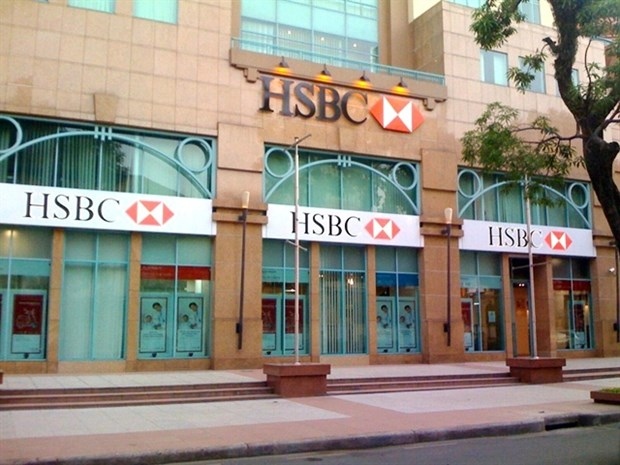
HSBC Bank (Vietnam) Ltd. (HSBC Vietnam) has recently become the first bank in Vietnam to obtain the LEED Gold certification, demonstrating its commitment to Vietnam's net-zero transition.

It has achieved gold certification under the LEED v4 Interior Design and Construction: Commercial Interiors rating system. To achieve LEED certification, it has adhered to prerequisites and credits that address carbon, energy, water, waste, transportation, materials, health and indoor environmental quality.
This achievement represents the bank's commitment to sustainable business practices and reflects on their collective effort towards making responsible and eco-conscious choices throughout the refurbishment process. From optimising energy-efficient equipment, incorporating sustainable materials and reducing waste, the bank has achieved substantial energy savings contributing to the overall reduction in carbon footprint.
The LEED Gold certification marks another step towards making the HSBC organisation more sustainable, which is part of its broader climate strategy. The bank wants to do more than simply play its part in the transition to a more sustainable world. It has committed to help arrange up to US$12 billion of direct and indirect sustainable financing for Vietnam and the corporate sector in Vietnam by 2030, supporting its customers to the transition to a low carbon future, especially in carbon challenged industries and accelerating new climate solutions.
It has also committed to becoming a net-zero bank and reducing carbon emissions from its supply chain to net-zero by 2030 or sooner. This includes managing the emissions of 14 offices and branches in Vietnam plus those of its suppliers. It will minimise its environmental impact by cutting carbon and waste, and using less energy, water and paper.
For instance, it has managed to reduce 22% of CO2 emissions against the baseline, from 784 tonnes CO2 (2019) to 153 tonnes CO2 (2022), its energy consumption also reduced 22 per cent against the baseline, from 1,515 MWh (2019) to 301 MWh (2022).
To achieve a pathway to net zero CO2 emissions by 2050, the International Energy Agency (IEA) estimates that overall building sector CO2 emissions should fall to around 5 GtCO2 in 2030, or by 0.6 GtCO2 per year. According to the World Energy Outlook report, cost-effective, proven energy efficiency and decarbonisation measures in buildings could contribute over 6.5 GtCO2 of reductions in annual emissions by 2040.
Reductions in emissions from buildings represent one-third of the total reductions required to align with the Paris Agreement's goals, presenting a large potential for significantly reducing greenhouse gas emissions compared to other major emitting sectors.
Bình luận
Bình luận của bạn sẽ được xét duyệt trước khi đăng